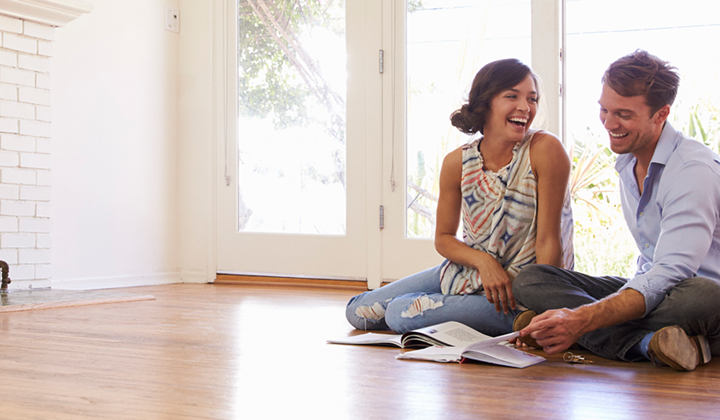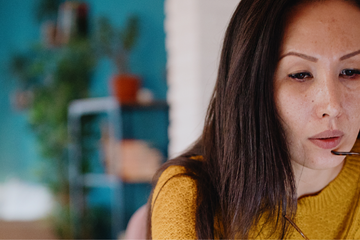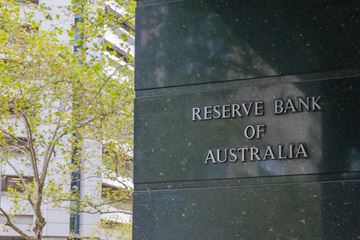

Why invest in property?
Why look at an investment property before buying your own home?
Investing in property before buying your first property to live in can be a great way to build a solid financial foundation for the future. You can get all the benefits of home ownership while enjoying the flexibility of continuing to rent where you can afford.
The trick with investment property is that once you've saved your pennies and secured a home loan, you can get tenants to pay your mortgage off. That means, while paying rent, you're also building equity in a property as your tenants contribute to your mortgage..
If I already own my home, why should I consider investing in an additional property?
If you already have an owner-occupied property, the equity that may be present in your family home will give you a leg up above the first-time-buyer investor. By tapping into the equity in your home you can borrow more than 80% of the value of another property without being subject to LMI (lenders mortgage insurance), because the new loan is secured against your existing equity.
What are the financial benefits of investing in property?
Capital growth
Capital growth is the continued growth in the value of your property over time. This strategy generally requires you to hold onto the asset over a longer period of time. For example, if you purchased a property in 2018 for $300,000 and it grew in value by 5% each year it would be worth $383,000 in 2023. In that time, you would have made a $83,000 capital gain minus your expenses and taxes.
Rental and investment yield
Rental yield is the money you earn from your rental income minus the expense you incur owning the property. In popular areas, rental rates can provide property investors with an income stream each month. Investment yield is the yearly amount of rental income you earn divided by the total loan deposit you made. If you earned $10,000 in rental income and deposited $100,000 on your loan your investment yield would be 10%.
Tax benefits
There are tax advantages for all types of property investors; you can claim expenses you incur owning the property, deductions for depreciation and there's a practice called negative gearing we will explain later.
Lauren owns a one-bedroom investment property in a regional area of Queensland. She collects $1,300 a month in rent and her loan repayments are $1,500 a month and she incurs $300 a month in other costs. Each month she has to cover the $500 shortfall in cash flow from the investment. At the end of the year, Lauren has lost a total of $6,000 from her investment and claims the total on her tax return alongside her $100,000 a year salary. This reduces her taxable income to $94,000.



